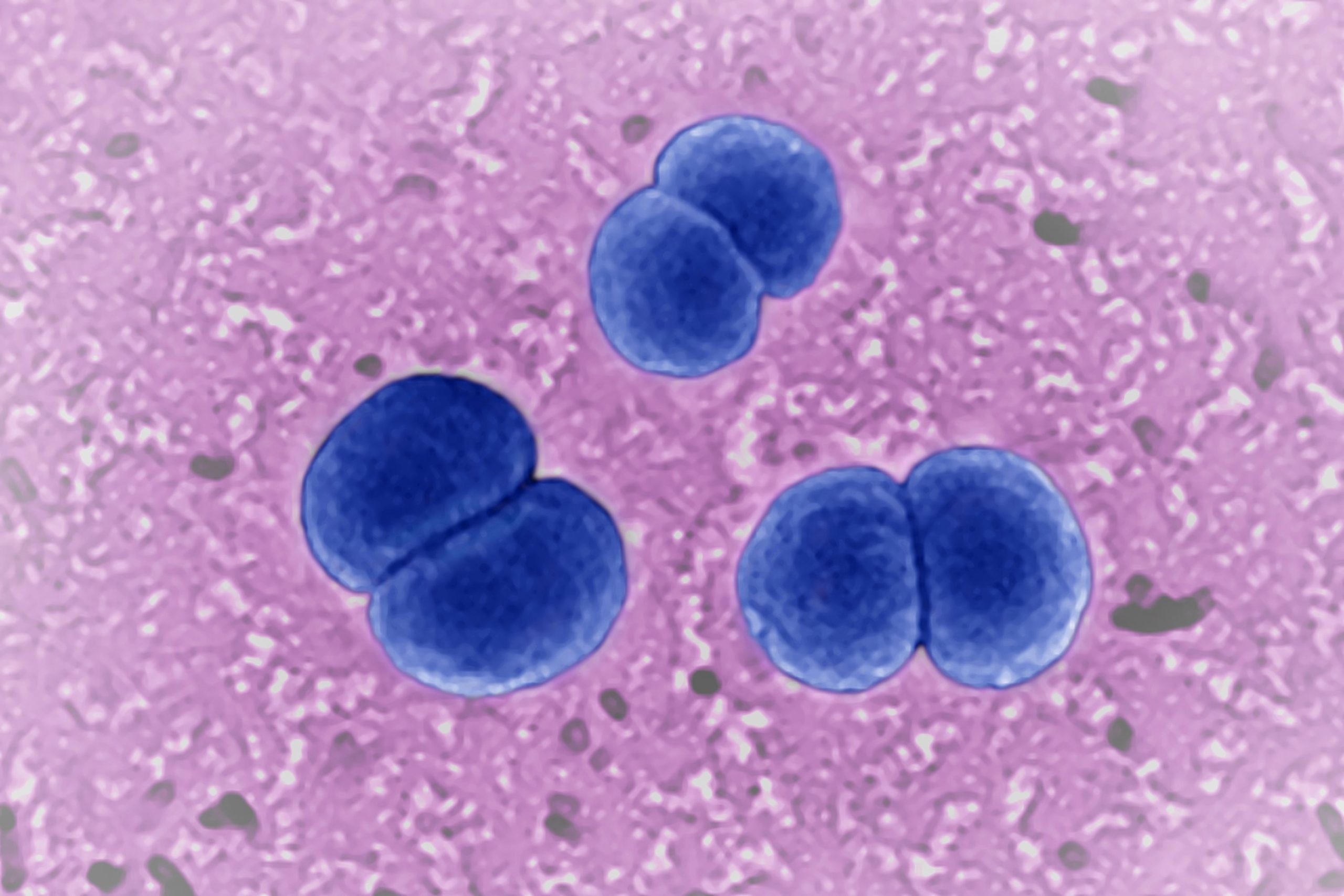The US Centers for Disease Control and Prevention (CDC) has issued a warning about a rising incidence of invasive meningococcal disease, a potentially fatal condition.
According to the CDC’s alert released on Thursday, there were 422 reported cases of the disease in the US last year, marking the highest annual count since 2014.
Invasive meningococcal disease, caused by the bacterium Neisseria meningitidis, is rare but severe, with a mortality rate of 10-15% even with appropriate antibiotic treatment, as per the CDC.
Symptoms typically manifest as meningitis, including fever, headache, stiff neck, nausea, vomiting, and sensitivity to light (photophobia).
Alternatively, the disease can present as bloodstream infections with symptoms such as fever, chills, fatigue, vomiting, cold extremities, severe body pains, rapid breathing, or later-stage dark purple rashes.
The CDC emphasized that while initial symptoms may be nonspecific, the disease progresses rapidly and can become life-threatening within hours.
Survivors may face long-term complications such as deafness or limb amputation.

As of March 25 this year, 143 cases have been reported, marking a notable increase from 81 cases reported at the same time last year.
Meningococcal disease is caused by six bacterial groups worldwide (A, B, C, W, X, and Y), with types B, C, W, and Y circulating in the US. Vaccines targeting types A, C, W, Y, and B are currently available in the US.
The CDC highlighted that cases have disproportionately affected individuals aged 30 to 60, Black individuals, and people living with HIV.
Among 94 patients with known outcomes, 17 deaths were reported, indicating an 18% fatality rate, higher than the historical rate of 11% observed from 2017 to 2021.
Transmission typically occurs through close contact involving respiratory and throat secretions, such as coughing, kissing, or prolonged contact.
The CDC clarified that casual contact or exposure to air where an infected individual has been does not lead to transmission.
In its alert, the CDC urged healthcare providers to maintain a heightened suspicion for meningococcal disease, especially among populations experiencing a surge in cases.
They also stressed the importance of ensuring all recommended populations, including those with HIV, are up to date with meningococcal vaccinations.
